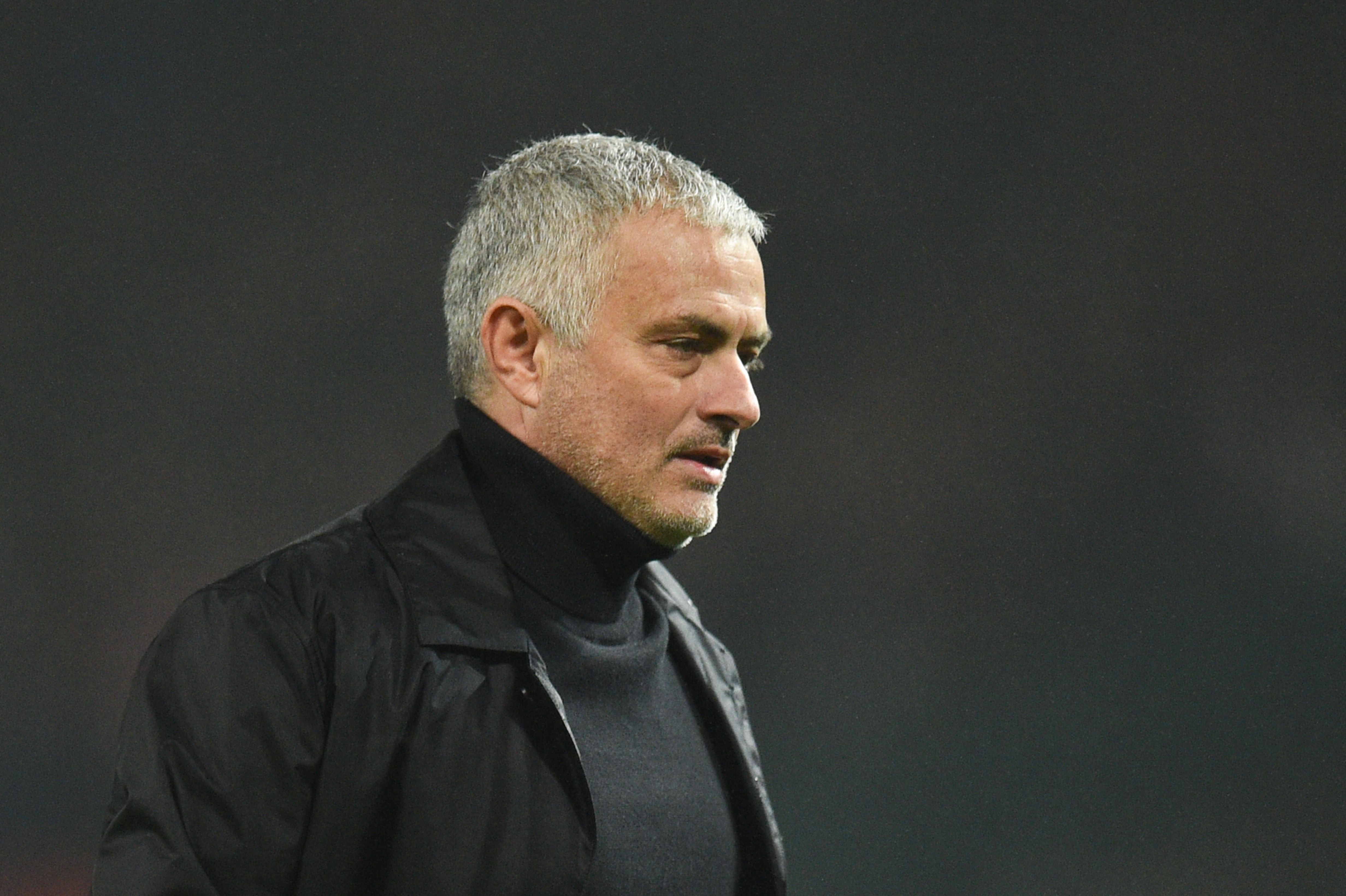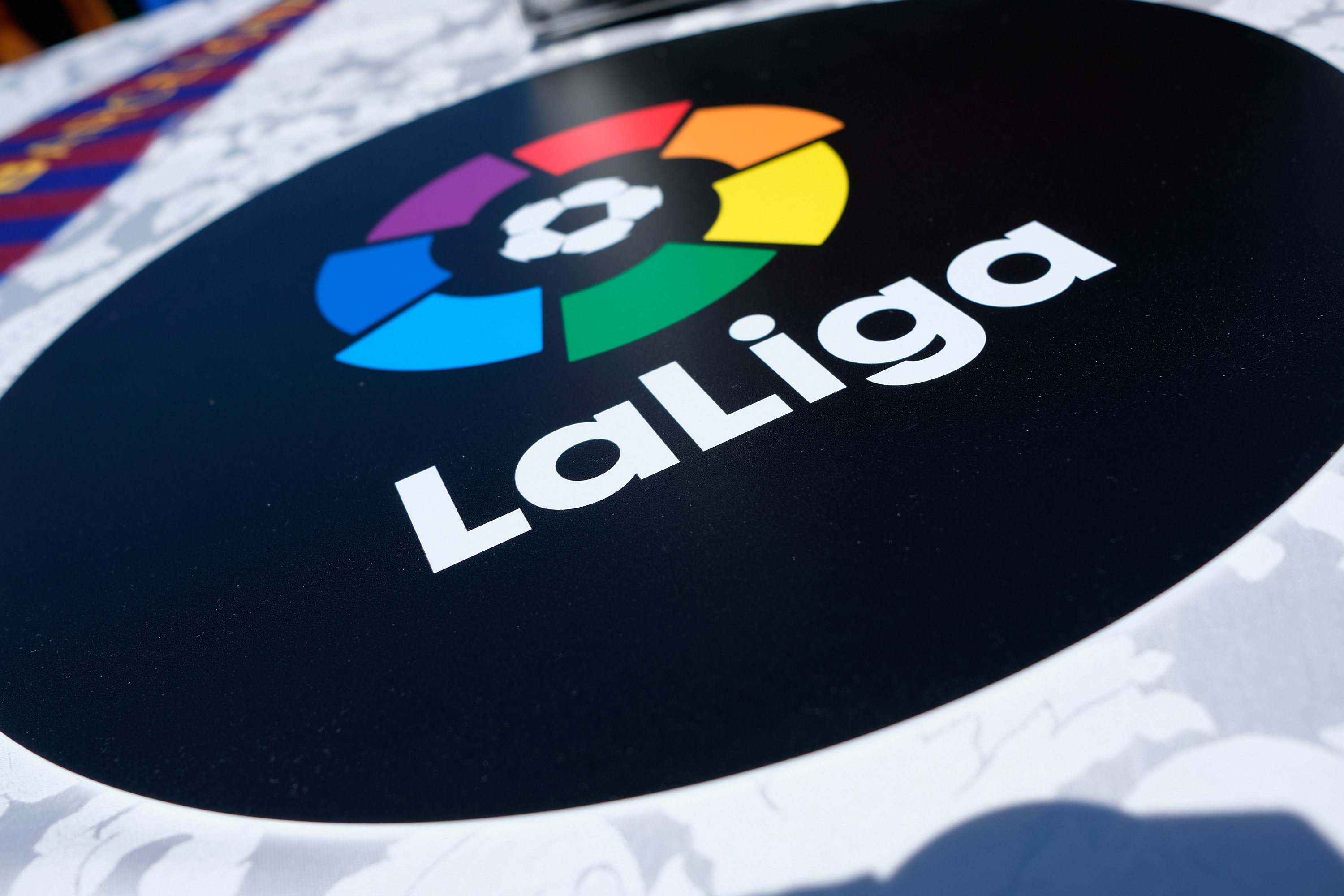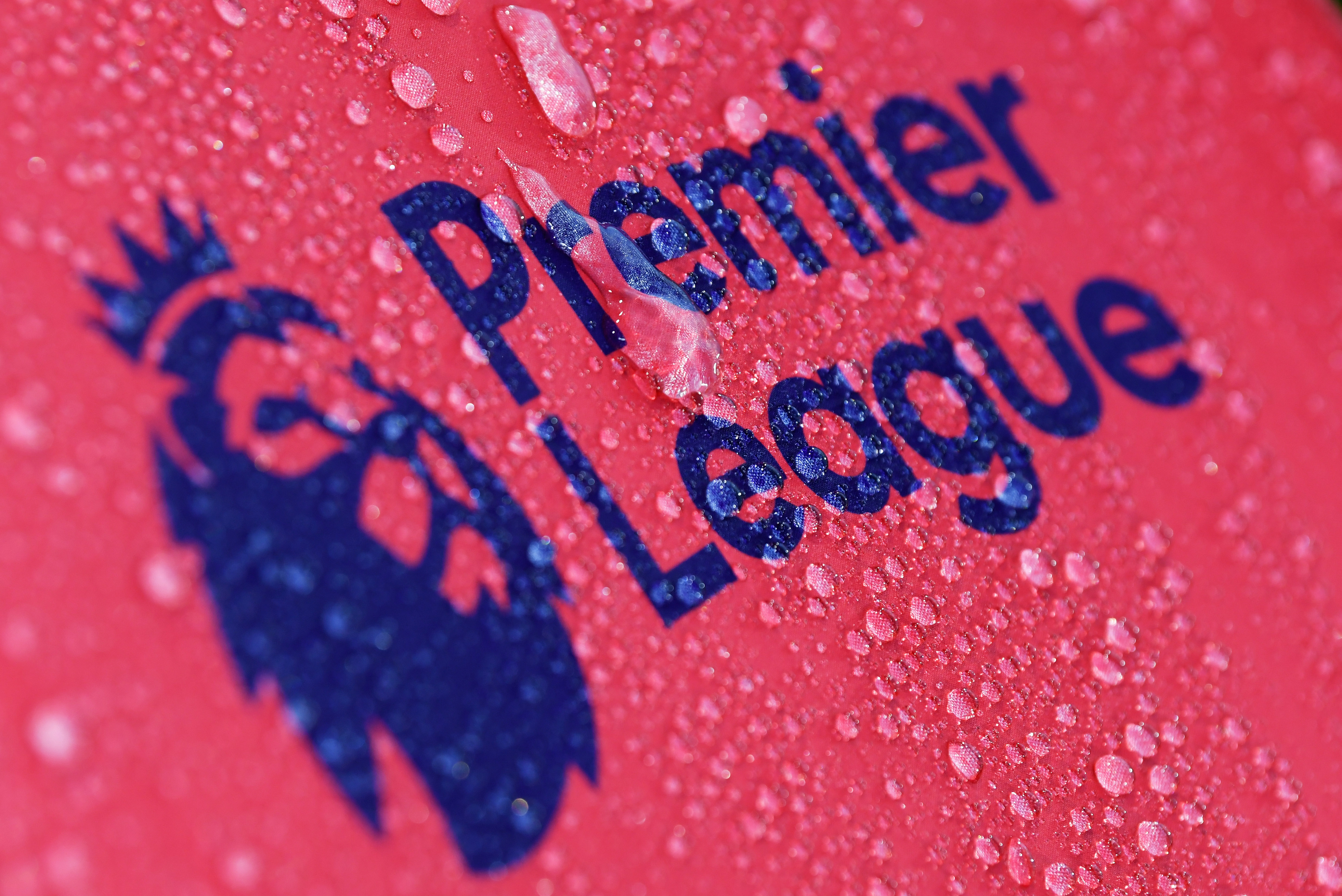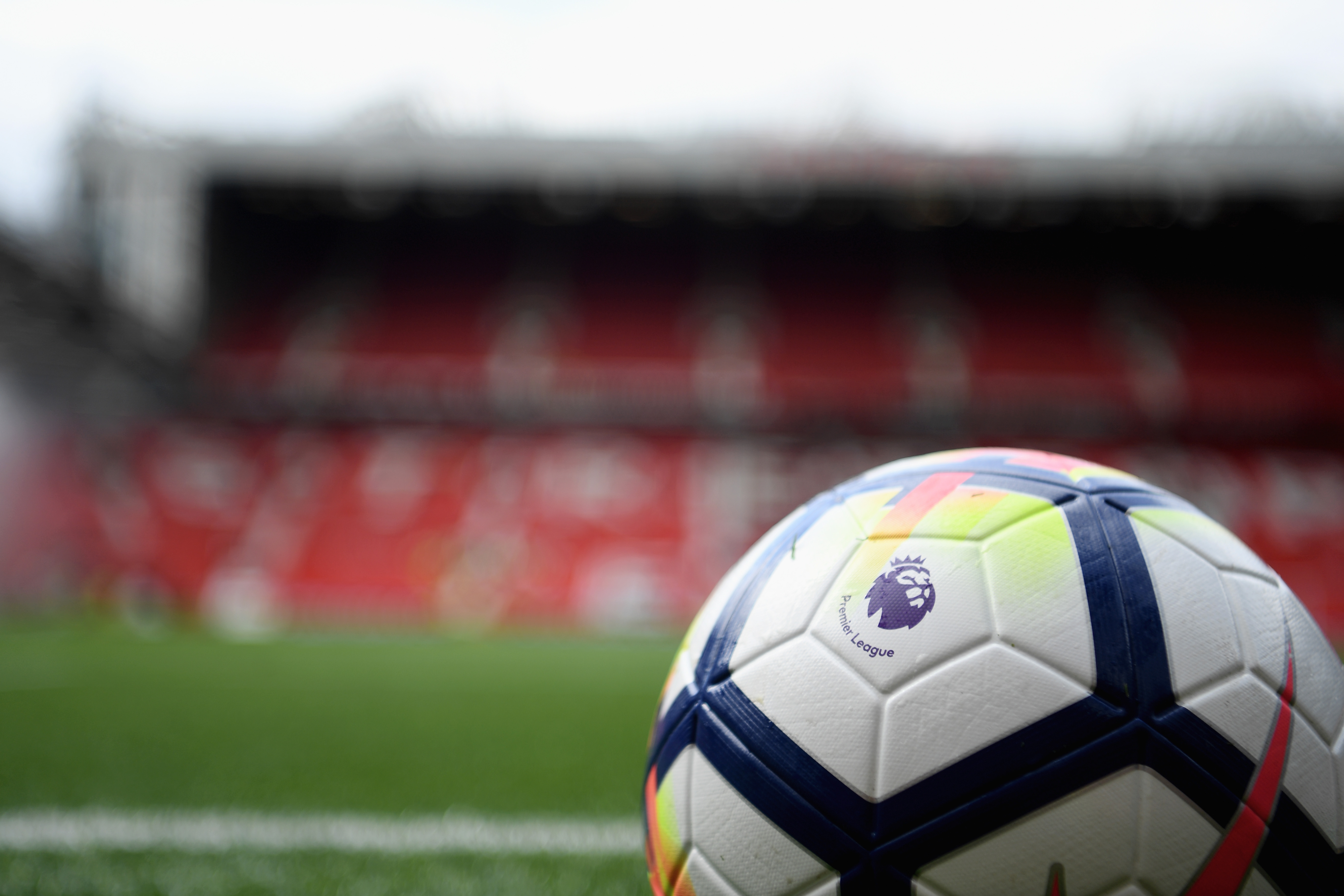Jose Mourinho faces the biggest battle that he has ever faced in his illustrious career, a battle within, as he finds himself at his lowest ebb.
In psychology, the Johari’s window is a popular tool that psychologists use to help people understand the relationship they have with themselves and with others better. It is a simple idea, in which subjects pick relatives from a list that they feel describes themselves the best. This exercise is then repeated by the subject’s peers, who each reveal what they think about the subject.
These adjectives are then inserted into a two-by-two grid of four cells. As per psychologists, Cell 1 is the part of ourselves that we and others see. Cell 2 contains aspects that others see but we are unaware of. Cell 3 is the private space we know but hide from others. Cell 4 is the unconscious part of us that neither we nor others see.
Football, which I consider to be one great show of drama just like life, has the tendency to lead people to believe something completely different than what they truly are. This grandiose delusion has had its fair share of victims, the most recent of which has to be Jose Mourinho.
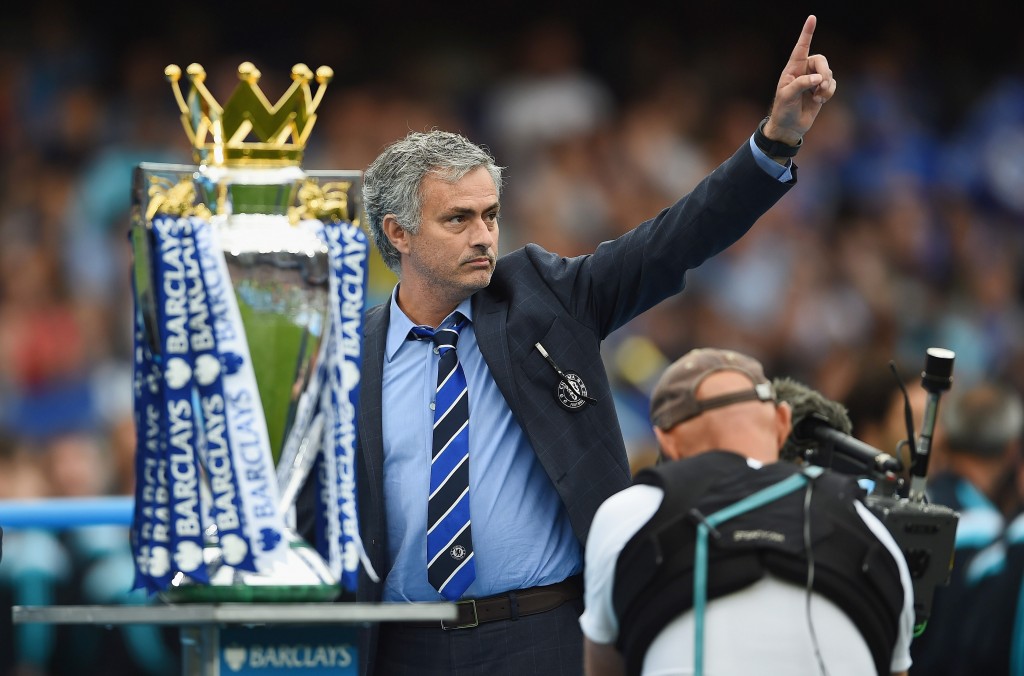
If a Johari’s window would be done of the Portuguese, the words “narcissistic”, “arrogant”, “disrespectful” and “obstinate” would be thrown in a lot. Similarly, if the man was to choose the adjectives he would pick to define himself, the likes of “winner”, “thinker”, “rich” and “greatest ever” would prop up.
The stark difference in the opinion of people and the subject has made the Johari’s window an extremely powerful tool to study human psychology. But, it would be hard-pressed to find someone with as polarizing opinions as Mourinho would generate. It is this dichotomy that lends a rich narrative to the life of the two-time Champions League winner.
Forever a man of great self-confidence, Mourinho started his career in football management with Benfica in 2000, before his big breakthrough came with FC Porto. He had picked up lessons in man-management from the great Sir Bobby Robson and had developed his tactical astuteness while working for Louis van Gaal.
He had a habit of setting up his sides with a defensive mentality. For Mourinho, the imperative was always to win, no matter what the cost. He would lure the opposition into a false sense of security by letting them have most of the ball, and then unleash a devastating counter-attack by using the width of the pitch.
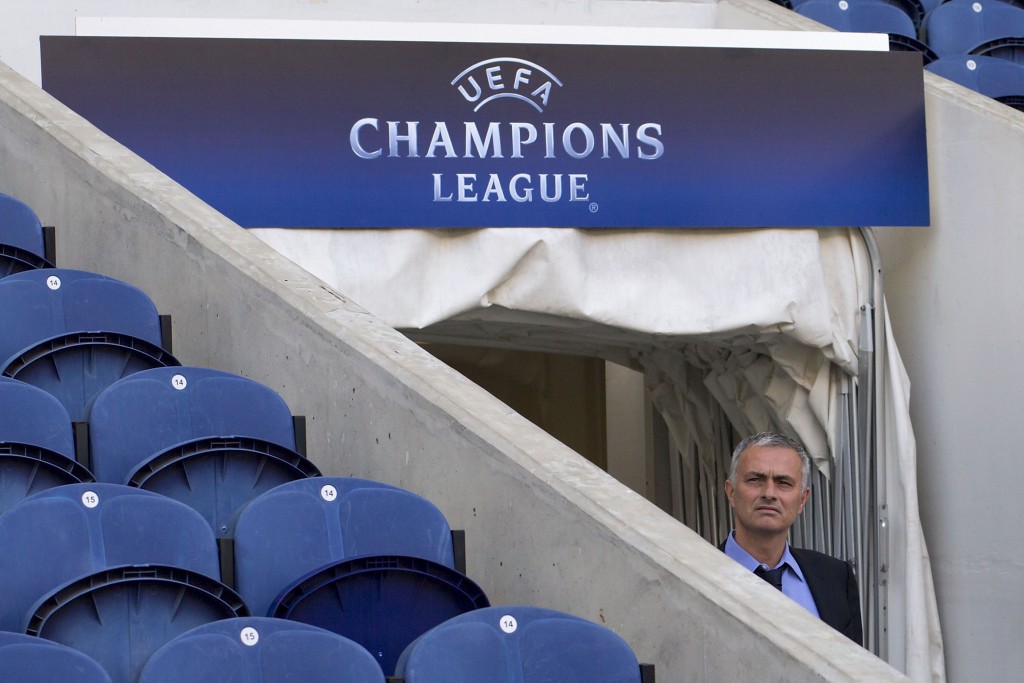
This was the “Mourinho mantra”, simple, neat, not particularly pleasing but almost always effective. Using this formula, he topped some great teams in the years between 2002 and 2010, winning not one but two UEFA Champions League titles, one each with Porto and Inter Milan.
In addition, he also won 2 Premier League titles at Chelsea and upset the hegemony of Manchester United and Arsenal in the English Premier League. With Inter, he won a treble in the 2009-10 season, beating the likes of Pep Guardiola’s Barcelona in a manner that has since been made iconic in modern football.
Having won so much in such a short time, it was inevitable that Real Madrid would come calling and for Mourinho, that move finally happened in the summer of 2010. He departed to manage the Spanish heavyweights, a challenge that had broken a string of managers before him.
Not only would he have to stamp his authority on a team of superstars and super-inflated egos, but he also had the added responsibility of bringing down Guardiola’s all-conquering Barcelona. It turned out to be a dark and murky affair, with Mourinho leaving after three seasons.

He did win the La Liga and the Copa del Rey during his time there. But, in hindsight, it is safe to assume that his time in Spain completely broke him. His narcissism and Machiavellianism had no place at Madrid, who already had plenty of it on the pitch, in their board and club ethos.
It was just not the right culture fit, with Mourinho often letting his aggression and stubborn-nature coming in the way of getting the job done. The dichotomy was rife, with the manager, like the club, letting emotions empower his judgment.
By the time he left the Bernabeu, Mourinho had had very public ego clashes with club legends like Iker Casillas and Sergio Ramos as well as the likes of Cristiano Ronaldo and Pepe; he had poked the eyes of Tito Vilanova, the Barcelona assistant coach and had infuriated almost every Real Madrid faithful with a boring, listless style of football that was the polar opposite of what the club was used to.
Despite winning two important titles, he left with far fewer friends than what he had arrived with and for the first time in his career, he had lost his dressing room and came at loggerheads with the fans. It was the start of a sharp decline in the career of one of modern football’s most decorated managers.
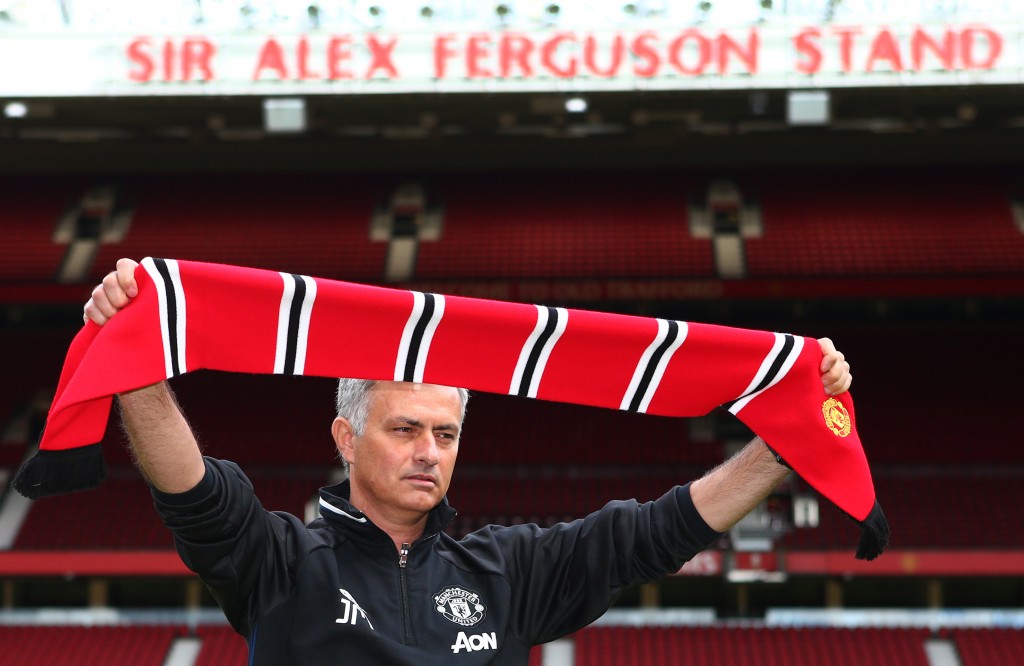
In the following years, he would go on to manage Chelsea and then finally take on his dream job of managing Manchester United in 2016. A narrative much similar to the one at Real Madrid followed at both Stamford Bridge and Old Trafford, with his infamous “third-season syndrome” taking centre-stage at both the clubs.
In London, he won the Premier League again, but eventually fell out with everyone from owner Roman Abramovich to club captain John Terry, Eden Hazard and Gary Cahill. Mourinho’s divisive nature did the same inside the Manchester United dressing room, with his wins in the Europa League and League Cup being nullified by his spectacular fall-out with Paul Pogba, Anthony Martial and Luke Shaw.
It was because of his tendency to breed disharmony inside the club, with the media and the fans that he was rejected by Barcelona in 2008 to succeed Frank Rijkaard at the helm of the Catalans. It was a job that eventually went to his soon-to-be nemesis Pep Guardiola, and their lives have taken completely different paths since.
While Guardiola has gone on to win titles and play exquisite football with Barcelona, Bayern Munich and Manchester City, Mourinho has sunk further down the rabbit hole to the extent that he has gone on to be so despised by those around him that reportedly, his office inside Old Trafford was cleared within “five minutes” of the news of him being sacked became public.
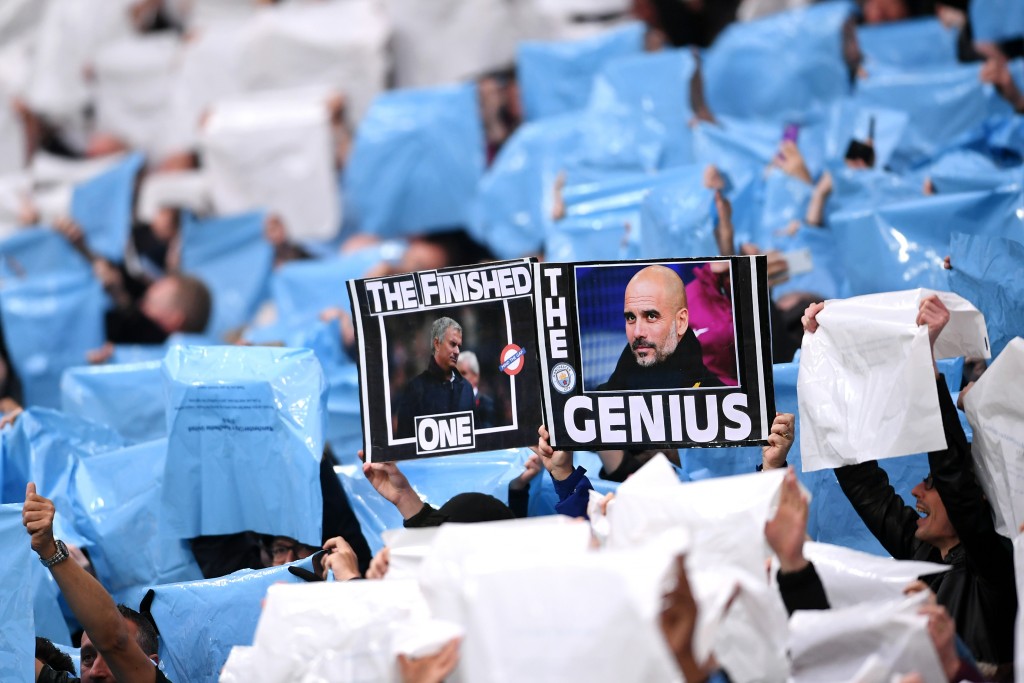
The performances were insipid, the players were uninspired and above all, the man himself spoke as if he had a rock weighing him down and took it on himself to insult and abuse all those who questioned him or his tactics.
It takes a very special manager to win the Champions League, and winning it twice has been done only by a very select few. Mourinho’s ability is unquestionable, as is his ability to win and get the best out of his players.
However, the Mourinho we have seen this decade is a pale shadow of the man from the previous decade, who had fans and players lining up to defend him from the media and sometimes, even the management. Football needs the old Mourinho, the man who is not afraid to get down and get ugly if that’s what it takes to win, but knowing full well when to draw the line.
It has been painful to watch him burn his own reputation down, and it is high time that he sits down and tries to figure out what has gone wrong for him since Real Madrid. In his own words, he has “more money, more titles, more ambition” than anyone else. But, unless he goes back to rediscover the mojo that had made him the “Special One”, his chapter may be well and truly over.
